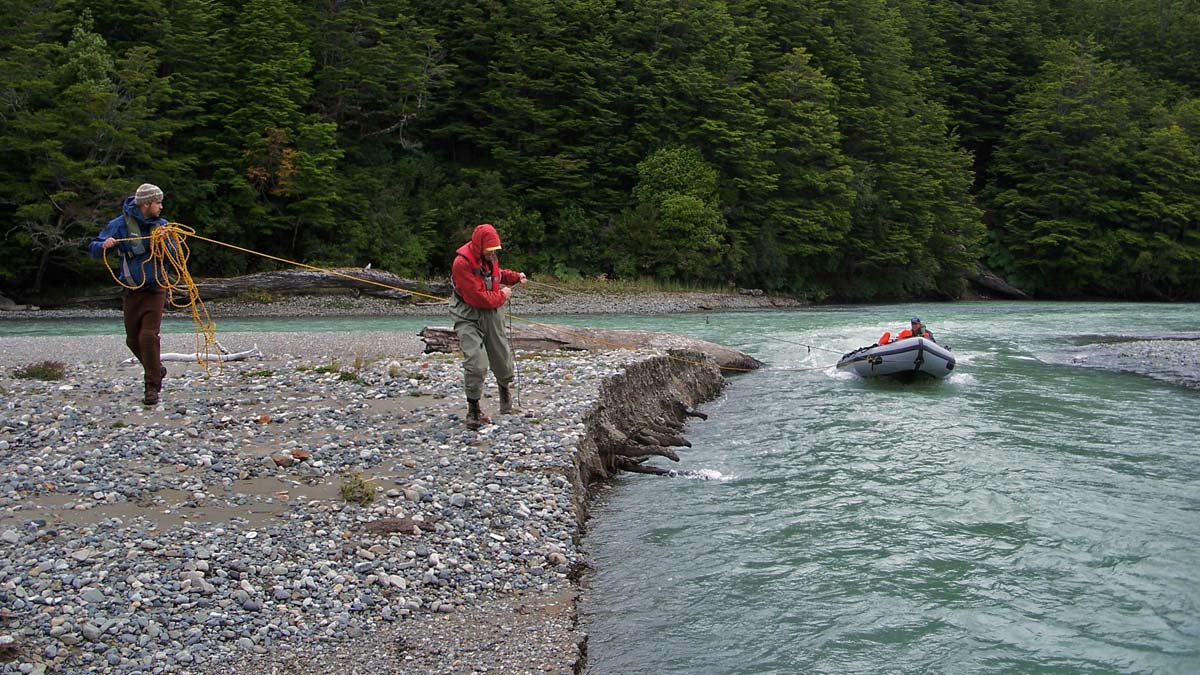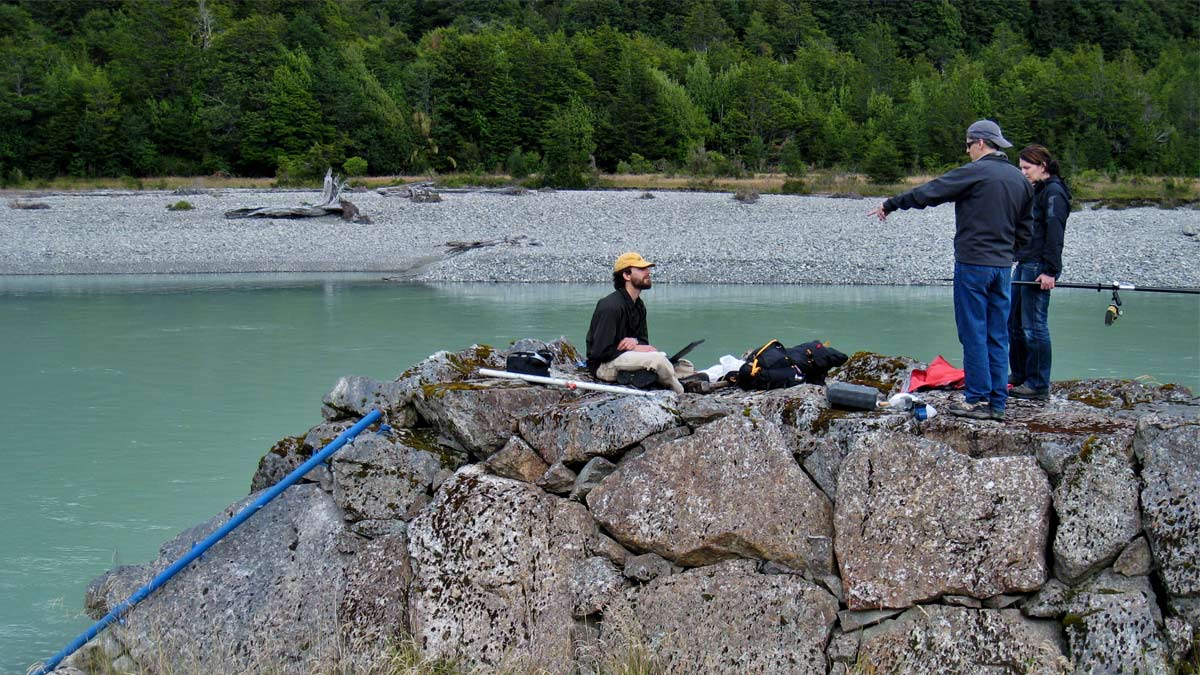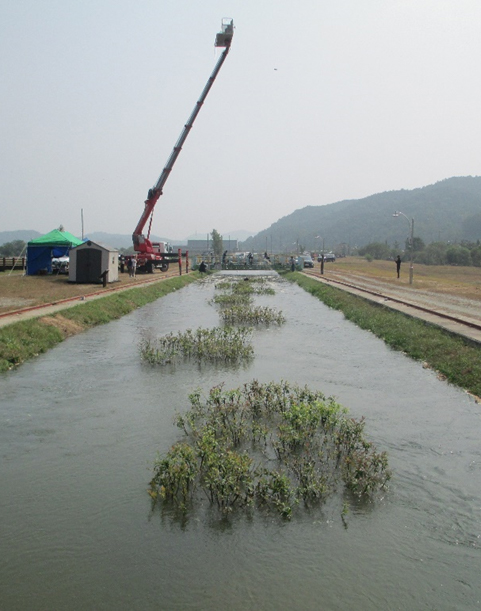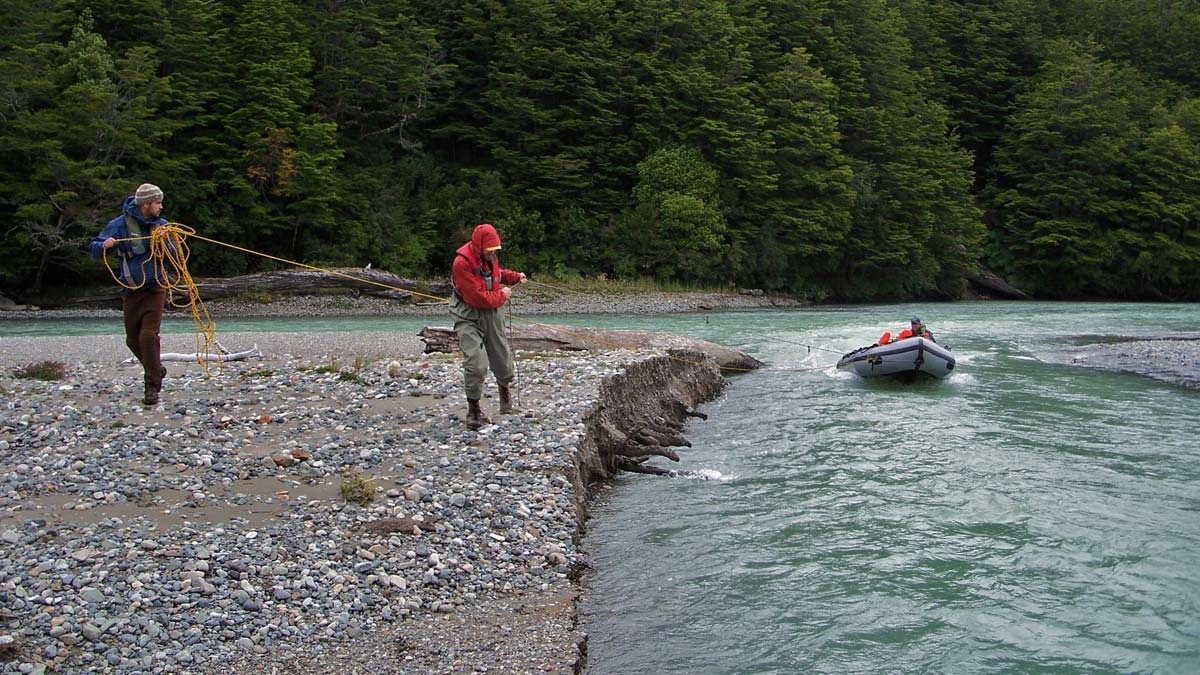National and International Projects
National Projects
CER faculty and students participate in several national programs including the National River Restoration Science Synthesis and the NSF WATERS test bed at the ARS Reynolds Creek Experimental Watershed.
International Projects
CER seeks to support international experiences for our graduate students to foster global understanding and extend scientific knowledge and understanding of diverse river systems. To this end, CER is part of an extensive and worldwide research network with students from and collaborative projects in South America, Australia, Asia, and Europe, including Universidad de La Frontera and UCSC in Chile, the International Center for Patagonian Ecosystems Research, the Korea Institute of Civil Engineering and Building Technology, BOKU (Austria), GFZ (Germany), Swiss Federal Institute WSL (Switzerland), Durham University (UK), and University of Trento. We support and encourage our U.S. students to spend time overseas, including short-term scientific missions within collaborative projects. CER has an active student chapter of the International Association of Hydraulic Engineering and Research.
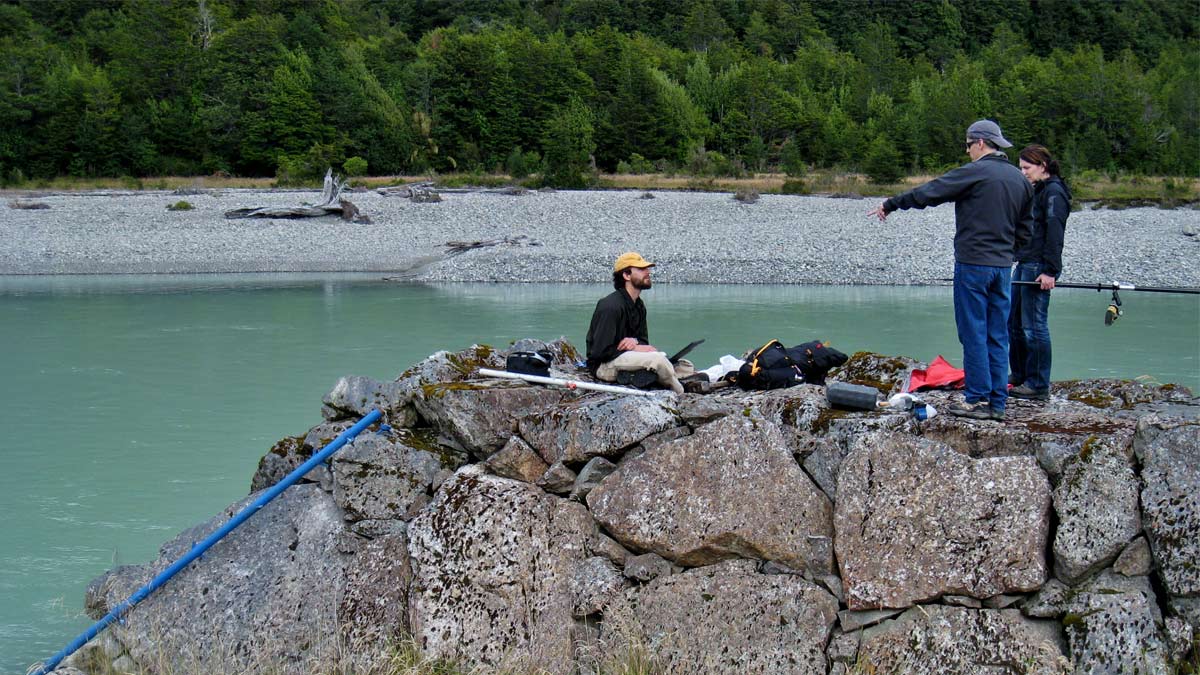
Large-scale Flume Experiments in South Korea
Riparian vegetation plays a critical role in modulating hydraulics and sediment transport in alluvial rivers. Large-scale outdoor flume experiments at the Korea Institute of Civil Engineering and Building Technology in South Korea are designed to improve understanding of hydraulic and sediment interactions with real vegetation species as well as vegetation-forced channel evolution. Ongoing research projects allow for field-scale experiments to explore fluvial processes in a controlled environment that is not possible in smaller scale flumes.
Study Site:
Andong, South Korea
Methods:
Measurements of sediment transport through real riparian vegetation.
Field-scale laser scanning to evaluate morphologic change.
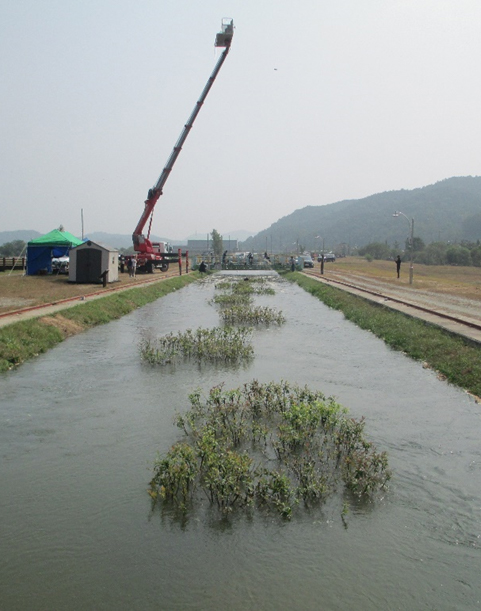
Researching the Watersheds of Chile
Patagonia, Chile, is home to the Southern Ice Field, the third largest source of freshwater on the planet, which supports a large area of surrounding contiguous rainforest and the myriad natural processes within their watersheds. These pristine basins are some of the last remaining ecosystems where riverine processes run freely from their glacial origins to their ocean deltas. The Center for Ecohydraulics Research is pursuing studies of sediment transport, open channel hydraulics and geomorphologic changes in these catchments.
The region is currently undergoing rapid development with proposed hydropower dams and large-scale infrastructure expansion. The Center for Ecohydraulics Research is working with local universities and government agencies in Chile to better understand the natural processes of pristine river catchments in order to assess the design of the proposed dams and their environmental impacts. A better understanding of riverine dynamics will help the agencies involved focus on sustainability and proper management of their water resources.
